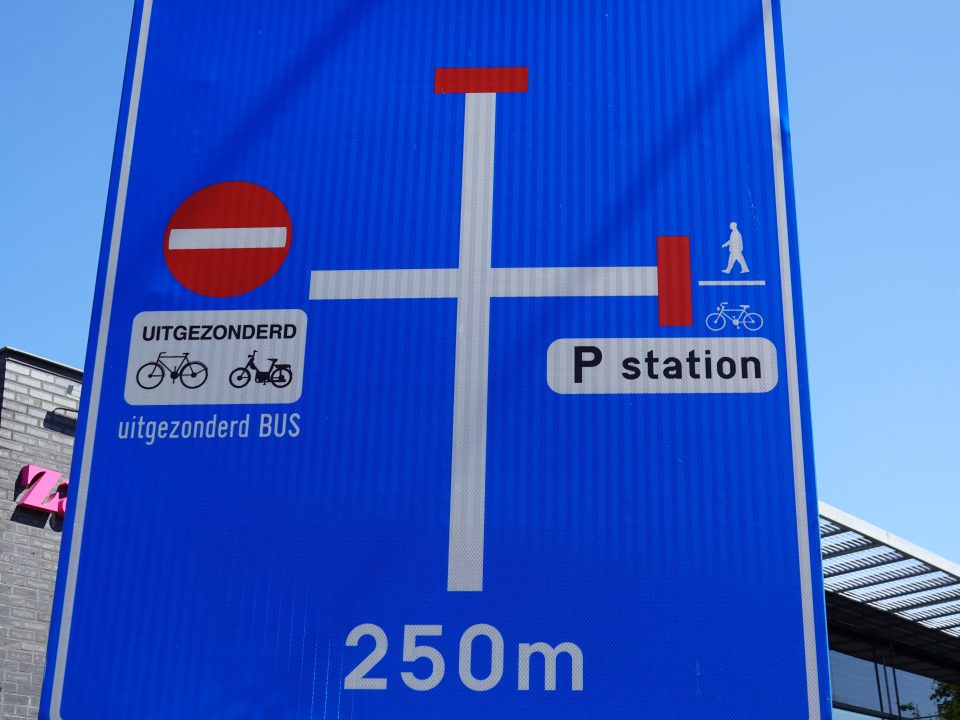In recent years, the Belgian tax authorities are more and more focussing on the review of specific topics or activities with Belgian tax payers. It is published in advance, which areas of attention have been identified. At the same time tax audits are getting more severe and penalty levels are going up for non compliant tax payers.
Recently, the following topics were revealed, which will be audited in the near future:
- increased focus on intermediary persons, involved in the sale of telephone cards and in the organisation of outdoor activities
- focus on those tax payers, who own assets through specific legal structures. This is a new development, which results from the obligation, which was introduced this year, to disclose the existence of certain legal structures in the personal tax return of Belgian resident tax payers.The new disclosure rules do not relate to all possible legal structures, but only to the use of legal entities, which have been established outside Belgium in a tax haven or that benefit from a favourable foreign tax regime (examples are a Stiftung or Anstalt in Liechtenstein, or a Société de Gestion Patrimoine Familial in Luxembourg).
- The tax authorities will especially look at travel expenses in order to identify private travel and will reject the reduction of any such expenses from Belgian taxable income of individual tax payers. If disallowed travel expenses were paid by a company, the tax authorities will treat them as taxable benefits in kind for the employees or company directors, who are involved.
Already in the past, the authorities have issued instructions, where they treat the following expenses as non-deductible items (or as benefits in kind):
- all expenses relating to travel and lodging of the spouse of a tax payer (including hotel and restaurant expenses);
- all expenses, that are related to leisure, touristic or culinary activities, which are incurred at the occasion of study trips or training events;
- all travel, meal and lodging expenses, which are deemed to be ‘excessive’ by the tax inspector.
According to Belgian tax law, a tax inspector can disallow the deduction of those expenses, which are not of a professional nature or tax them on the name of the beneficiary as benefits in kind. The tax authorities are, however, not entitled to judge whether or not it was necessary or appropriate for the tax payer to incur certain expenses.
There is a thin line between this limitation for the tax authorities and the identification of expenses, which can be deemed to be excessive. Your tax advisor will help you in dealing with the upcoming the tax audits and also provide useful up front advice on acceptable business expenditure and on finding the limits for cost deduction for certain specific cost items.



